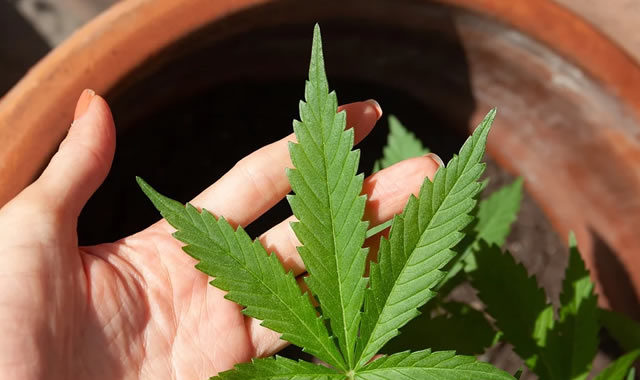Although its use was once shrouded by taboo and prohibition, the tide is now changing for medicinal cannabis. The increase in the legalisation of cannabis throughout the world has piqued consumer interest, and driven growth in research and development.
Indeed, such research has enabled consumers to look beyond the assumption that all forms of cannabis will make them “high” – an assumption attributed to tetrahydrocannabinol (THC), the psychoactive compound within the cannabis plant. Now, non-psychoactive compounds such as Cannabidiol (CBD) are starting to enter consumer markets in a variety of products such as vapes, edibles, and dietary supplements.
However, the cannabis plant (Cannabis Sativa), has not solely been used for recreational purposes. For thousands of years, cannabis has been used in ancient medicine for its pain-relieving qualities. At the present time, medical research has suggested that cannabinoids can be used by a large number of patients worldwide to lessen the symptoms of conditions as wide-ranging as anxiety and Parkinson’s disease, to migraines and multiple sclerosis.
With the prevalence of medicinal cannabis on the up, the cannabis industry is changing, which begs the question – how is it produced, and what should we as an industry be doing to ensure that the manufacture of medicinal cannabis is always of the highest possible quality?
Creating the perfect conditions for cultivation
Many would point towards cultivation as an important factor in the production of high-quality medicinal cannabis.
In order for medical cannabis to thrive, certain environmental conditions are required for optimal growth; these include overall air quality, genetics, adequate light, temperature, humidity, soil and water quality.
There is a reason that California in particular is hailed as a hub for the medical cannabis industry; its greatest asset is its warm climate, rich soil and abundant sunlight all which make the outdoor production of high-quality cannabis a viable prospect. This of course is a very similar climate to Portugal, where Symtomax have started the development of their medical cannabis cultivation facility, an enormous 105-hectare site in the Alentejo region of the country.
